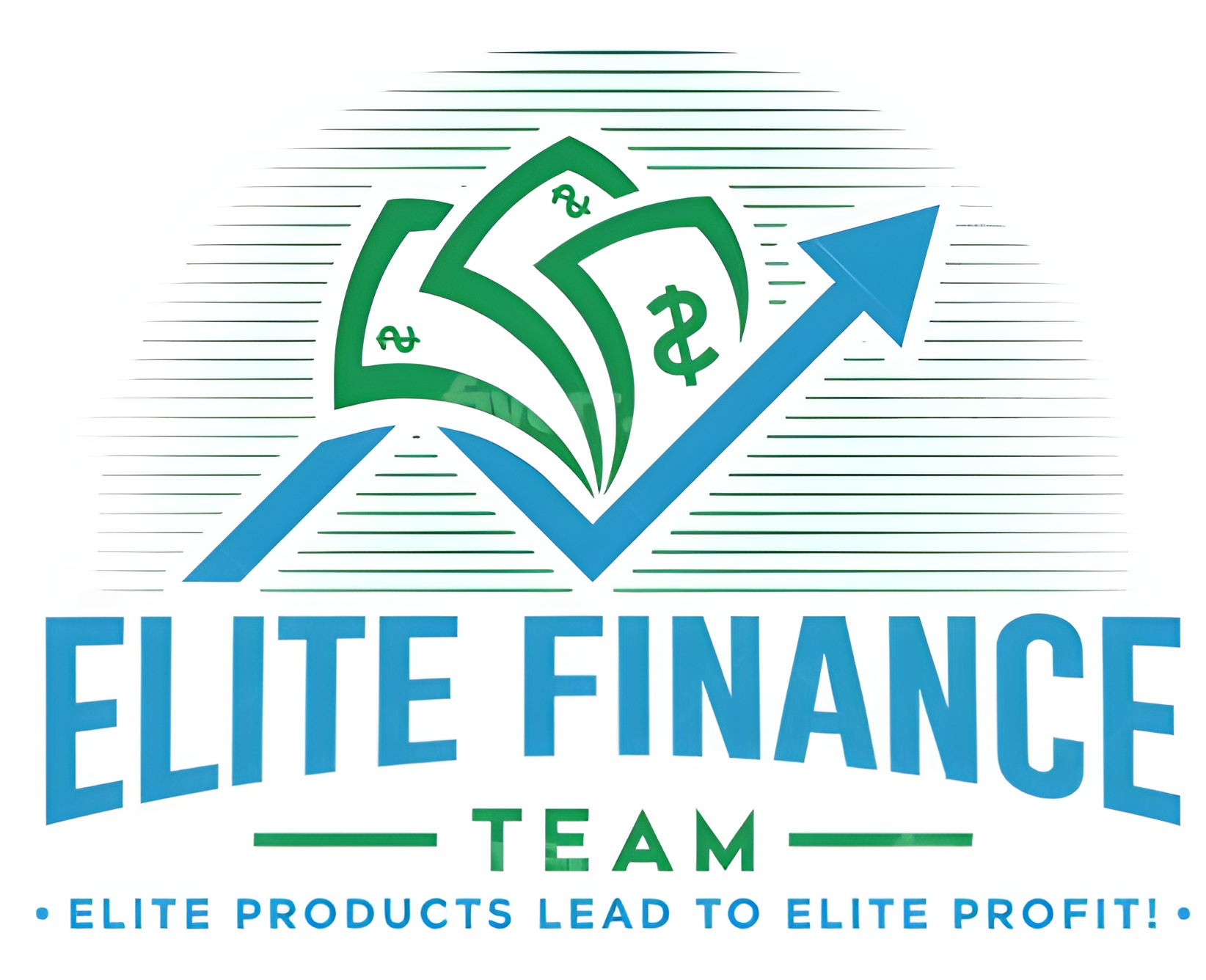What Are Terms for Small Business Loans? A Basic Guide
Securing a loan for your business can feel like solving a puzzle with missing pieces. Hidden fees, complex terms, and unrealistic repayment structures can leave you feeling stuck. Without the right guidance, a loan meant to help could do more harm than good.
Understanding loan terms is key to making a smart financial decision. Interest rates, repayment schedules, and collateral requirements all have a lasting impact. A misstep here could mean cash flow struggles or unexpected costs down the line.
That’s where we come in. We help business owners make informed financial choices, ensuring they secure loans that support long-term growth. With expert insights and customized strategies, we turn uncertainty into clarity.
Loan Terms for Small Business Financing
Finding the right funding for your business can feel like solving a puzzle with too many missing pieces. Every small business loan comes with specific terms that influence how much you pay back, how long you have to repay, and what it costs in the long run. Getting familiar with these details can help you avoid surprises and choose a financing option that fits your needs.
- Key Components of Small Business Loan Terms
Every loan has terms that dictate costs and repayment. The loan amount affects how much interest you’ll pay and how long you’ll be making payments. Larger loans can mean higher monthly payments but lower interest rates depending on the lender. Interest rates vary based on your credit score, loan type, and market conditions. Fixed rates stay the same, while variable rates change over time.
Repayment schedules also differ. Some loans require monthly payments, while others might have weekly or even daily repayment options. Understanding this helps you plan cash flow appropriately. Then, there are loan fees—origination fees, prepayment penalties, and late charges can add up quickly if you’re not careful. Reviewing these details before signing can keep costs from creeping up unexpectedly.

- Common Types of Small Business Loans and Their Terms
Different businesses have different borrowing needs. A traditional term loan offers a lump sum with set repayment terms, making it a straightforward option. The Small Business Administration (SBA) loans come with favorable terms and lower interest rates but usually require more paperwork and a longer approval process.
Business lines of credit offer flexibility, allowing you to borrow only what’s needed and repay as you go. This can be great for covering unexpected expenses. Equipment financing helps businesses purchase machinery or vehicles, with the equipment itself serving as collateral. These loans often have repayment periods that align with the asset’s lifespan, making budgeting easier.
- Factors That Influence Small Business Loan Terms
Your credit score plays a big role in determining interest rates and repayment conditions. Higher scores often lead to better options, while lower scores might result in expensive loans with stricter terms. Lenders also consider business revenue. A steady income reassures lenders that you can meet repayment requirements, while inconsistent cash flow might lead to stricter loan conditions.
The loan’s purpose also affects its terms. If you’re borrowing for working capital, lenders might offer short-term financing. Loans for major equipment or real estate tend to have longer repayment periods. Knowing how these factors shape loan offers can help you position your business for the best possible terms.
- How to Choose the Best Loan Terms for Your Business
Picking the right loan means balancing what your business needs with what it can handle financially. Start by assessing affordability—calculate your expected monthly payments to see if they fit within your budget. Comparing interest rates, fees, and loan structures from multiple lenders helps find the most cost-effective option.
Another key decision is choosing between fixed and variable interest rates. Fixed rates offer stability, keeping payments predictable, while variable rates might start low but can rise unexpectedly. Understanding these details ensures you select a loan that supports your business without creating unnecessary financial stress.
Frequently Asked Questions
- What is considered a good loan term for a small business?
It depends on your financial situation and business needs. Shorter terms can mean higher payments but lower interest costs. Longer terms reduce monthly payments but may increase interest paid over time.
- How do loan terms differ between lenders?
Each lender determines loan terms based on factors like your credit score, business revenue, and the type of loan. Some offer flexible repayment schedules, while others have strict requirements.
- Can I negotiate loan terms with a lender?
Yes, some lenders allow negotiation, especially if you have strong financials or multiple loan offers. Asking about lower interest rates, waived fees, or better repayment schedules can make a difference.
- What happens if I cannot meet my repayment terms?
If you struggle with payments, contact your lender immediately. Some may offer extensions or modified terms. Ignoring the issue can lead to penalties, credit damage, or even legal action.

